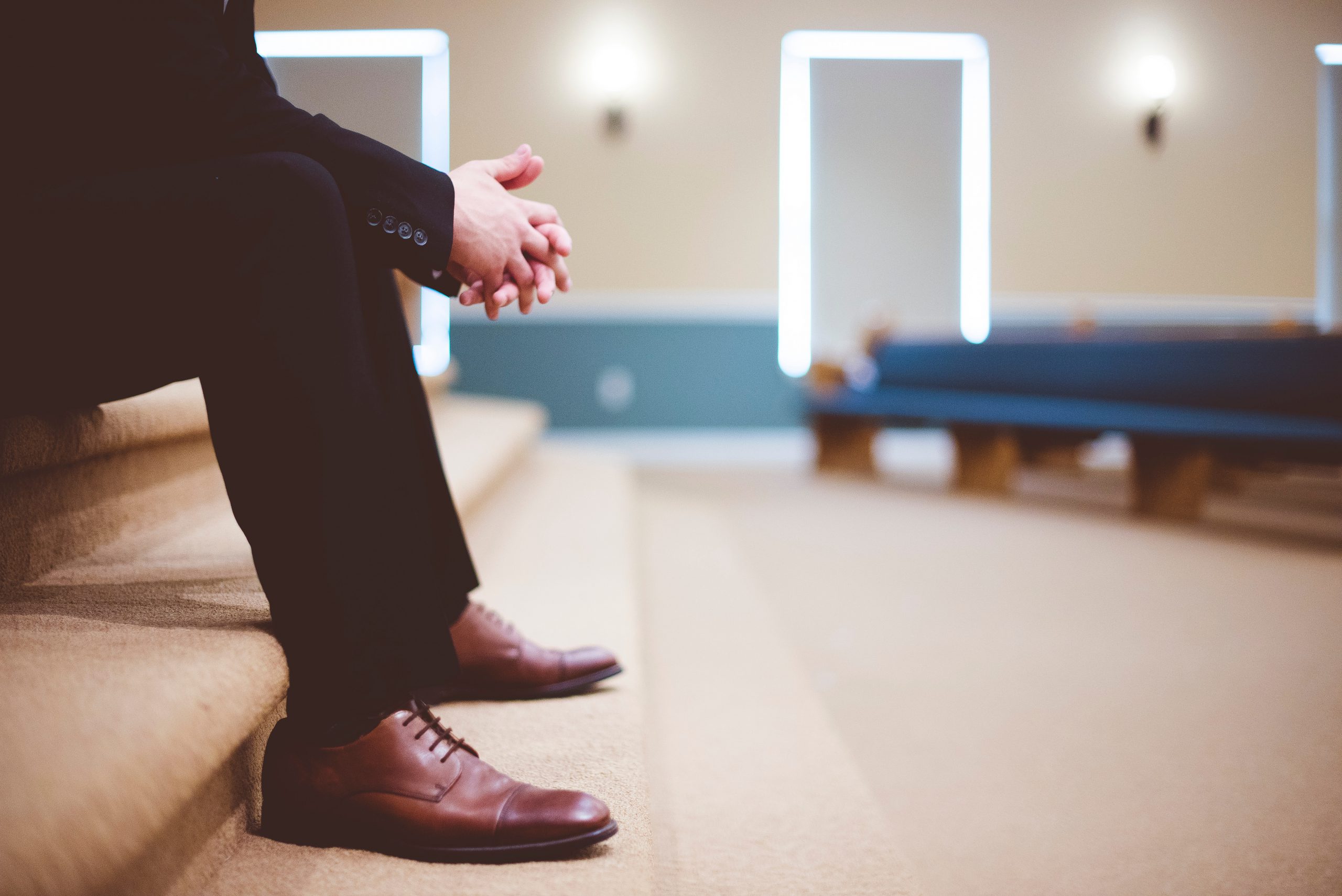
“I am not able to carry all this people alone; the burden is too heavy for me.” – Numbers 11:14
I am called to pastor. I love God. I love the church. I love the Scriptures.
I am called to pastor, but sometimes, I wish I was not.
I love the people in my congregation. Some might argue that I love them more than is emotionally healthy. At times, I am guilty of owning their burdens as if they are my own. I think about the young father who has a sudden spinal deformity, making it almost impossible for him to walk—and therefore work—and I feel it. I hug the mother who lost her son to suicide. Aside from the police, I happened to be the first one at her home that night. I see her most every Sunday and remember that night. I see the couple struggling with infertility. I see the man who is, by God’s grace, fighting addiction and working to stay clean. I am grateful that they are in my church, but sometimes I internalize their pain and make it my own.
I love to teach the Bible. I love to show how every single passage and story points to the grace offered in the person of Jesus. I pour too much of my time and heart into what it is that I plan to say when I stand before my congregation on Sunday. I care too much about what people will think about my sermon. When criticism comes regarding a sermon, I take it far too personally. When I am not able to live up to my own proclamation of God’s grace, I find myself disappointed. When people I love and shepherd choose to disobey some of God’s commands, I often believe it is a failure in my leadership or my preaching.
I love to lead the church. I have a deep desire to see our city transformed by a church that wants to love our neighbors and tell of Jesus. I have grand dreams of our groups multiplying rapidly, and our church starting more and more churches every year. I love to pray and ask the Lord to guide us in our steps. When the people I love, lead, and pray for think I have the wrong idea or am leading in the wrong direction, I get defensive. I take it as an assumption that I am not spiritual enough. Or I get discouraged, believing that I am not up to the task of leadership. Even worse, I believe that our church will never move forward or make a difference.
I love my city. It is rich in history with regard to our state, and it is one of the cities that will define the future of the church in our nation. It is filled with complexity, diversity, and challenge. I see its opportunity, and I see its brokenness, so I strive to bring that into my teaching, into our pulpit. I strive to balance exposition of the Bible with application of how it might change and affect our city. When the questions come: Why don’t you talk about abortion more? Do you not care about life? You never preach on orphans; why? When are you going to talk about immigration? Refugees? Politics?
I am called to be a pastor, but sometimes I feel like I’ll never be enough.
Sometimes it is too heavy.
Moses felt this way on more than one occasion. After the people cried out for quail and continually accused Moses of taking them away from the place they had it so good—slavery in Egypt, in case you’ve forgotten—I believe he was feeling this sort of weight.
He asks, “Why [did] you lay the burden of all this people on me?”
I imagine him shouting, although that is not explicitly stated.
He eventually tells the Lord, “I am not able to carry all this people alone; the burden is too heavy for me.”
And that, I think, is the greatest lesson of pastoring. I must, every single day, give my church to the Lord. I have a spiritual discipline I learned from one of my mentors. My first prayer is this, “Lord, this church does not belong to me. It belongs to you.” And I hand it to Him. If it grows, He has made it grow. If it shrinks, He has made it shrink. If I am following His commands and listening to His Spirit, and if I am obeying Him, then I can rest. I can leave the results up to Him.
The point of pastoring, I think, is to take people who think they can rescue the world, and remind them that the burden is too heavy for them to carry alone.
We must hand it to Jesus. He is the one who has saved. He is the one who has redeemed. And he is the one who makes the yoke easy and the burden light.
Life often feels to heavy. I’m glad to serve a Lord who is in the business of taking burdens.

